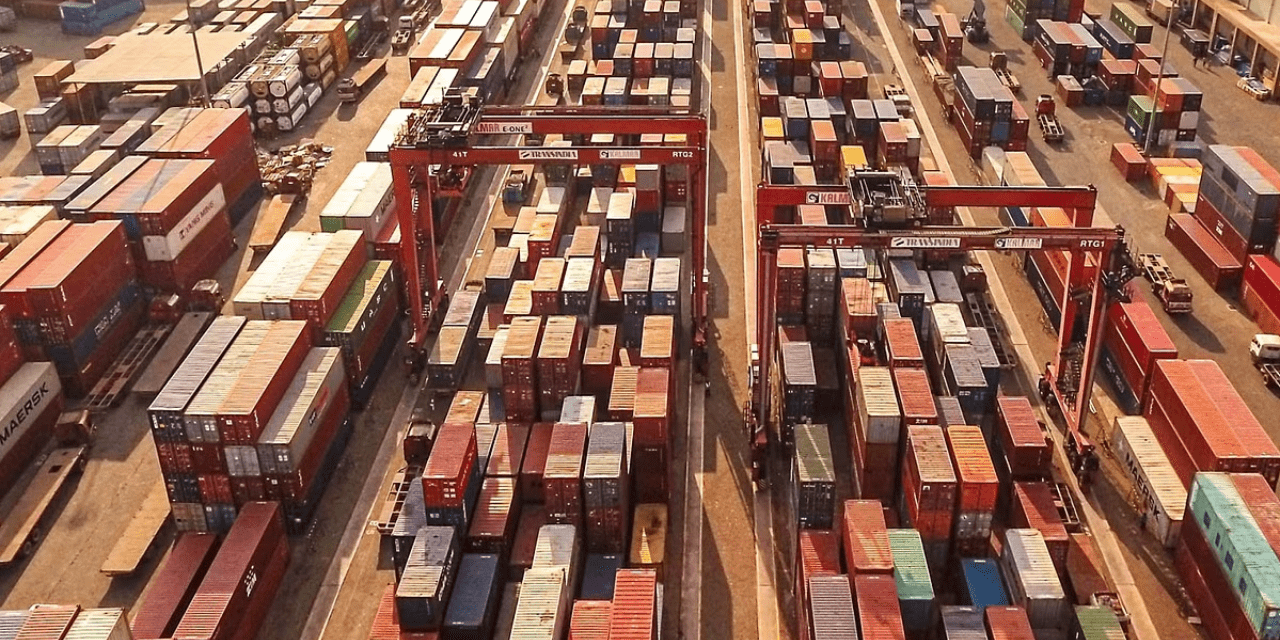The country’s exports are being impacted by external headwinds. For the third consecutive month, exports of goods have decreased; the official statistics for April shows a decrease of 12.7%. The decline reflects worldwide recessionary patterns and general sluggish demand, particularly in the important developed-world economies. Although exporters are reportedly confident that growth will pick up in a few months, the situation does not appear promising for the upcoming few months.
Major clothing export hubs like Noida and Tiruppur have already been impacted by the slowdown’s knock-on consequences. Unsettlingly, exporters in both centres have reportedly planned to stop operations for 10 to 15 days per month. The cause is a roughly 50% decrease in orders from the previous year. The good news is that no jobs have been cut thus far, but this could change if the garment industry’s condition worsens.
The slowdown started in 2022–23, when exports dropped 16.7% in October. Exports have fallen for three straight months, and this has now become a trend. With a decline observed in the first month of April, the picture for the current fiscal year, 2023–24, is consequently not encouraging. The hardest-hit industries include gems and jewellery, which have seen a decline of around 30% from the previous year. Exports of textiles and engineering products have also been impacted, particularly to countries like Singapore, Singapore, and the United States. On the other hand, pharmaceutical products and electronic goods have continued to register strong increase. In reality, the demand for smartphones has increased, defying the overall trend of other industries’ recession, driving up electronic goods by as much as 26%.
The setback on the export front can be attributed to a wide range of factors. The effects of the war in Ukraine are still being felt across much of the world, including wealthy economies.While the South is experiencing food shortages, global supply chains have already partially recovered. However, energy concerns remain a problem in the industrialised West.
Supply has been impacted by the war. partly as a result of sanctions put in place by the western alliance, of oil and gas from Russia to Europe. Due to the challenges of making shipments while the fighting is ongoing, foodgrain supplies from Russia and Ukraine have also been delayed. Many countries still have inflationary pressures, despite the fact that they are no longer as high as they were a few months ago. The central banks of other European nations, as well as the United Kingdom, have taken similar moves in response to the aggressive rate hikes by the U.S. Federal Reserve. However, the possibility of a recession still looms large over the United States, particularly in light of some forecasts calling for a complete downturn by the end of the year. Exporters have few options for combating the general decline in demand. However, the government can participate by making use of this opportunity to bargain and sign free trade agreements with significant trading partners. A significant one with the European Union had been dormant since 2013, but it has now been reactivated with a solid commitment to completing the FTA as soon as possible. Since last year, there have been numerous rounds of negotiations, but some issues remain, such as the high import taxes on cars and alcoholic beverages like wines and spirits. The EU’s decision to impose a carbon tax on specific metal types is another topic that is now on the table. Recall that 14% of this country’s exports go to the EU, therefore a favourable end to the negotiations is certain. to eventually enhance bilateral trade. Regarding the free trade agreement between India and the UK, it was anticipated to be completed soon, but it has taken longer than anticipated in large part because of political changes in the U.K. Though they started in January of last year, the ninth round of negotiations was held last month. The negotiations have run into trouble because to immigration worries that some British ministers raised last year.

